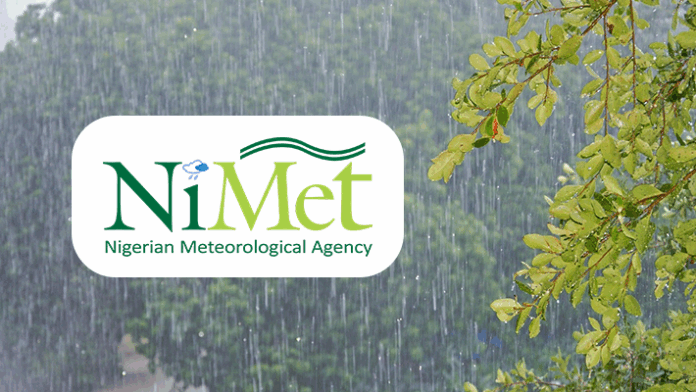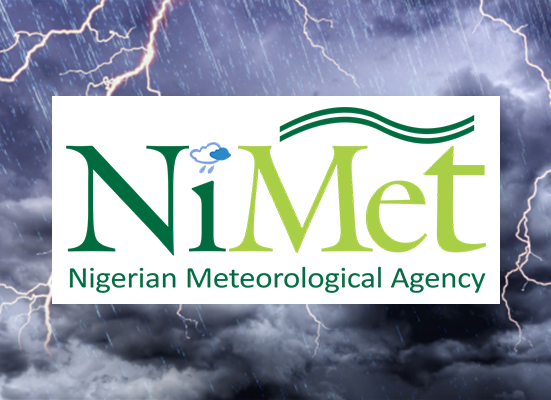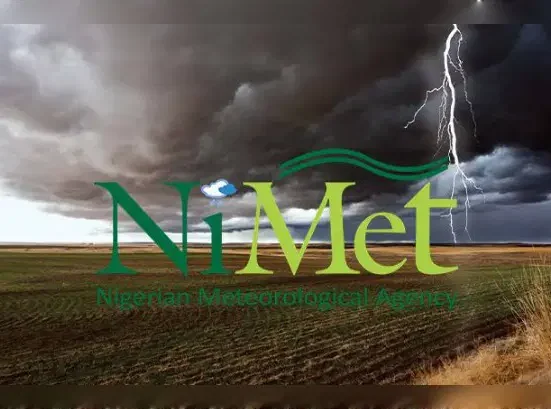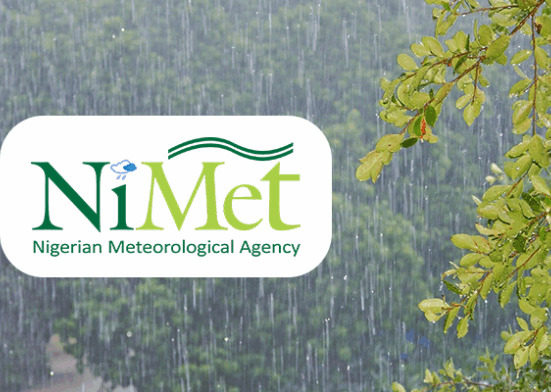The Nigerian Meteorological Agency (NiMet) has issued a new weather advisory, alerting the public to anticipate thunderstorms and varying degrees of rainfall across several parts of the country from Monday, July 21, through Wednesday, July 23, 2025. The three-day forecast, released over the weekend, is part of the agency’s continuous efforts to provide timely and accurate weather updates to aid safety, disaster preparedness, and agricultural planning nationwide.
According to the forecast bulletin signed by NiMet’s Director of Weather Forecasting Services, the expected weather conditions will affect both northern and southern regions, with particular emphasis on states prone to heavy downpours, flash flooding, and lightning strikes. Communities in the North Central, South East, South South, and parts of the South West are likely to experience morning and evening thunderstorms accompanied by moderate to heavy rainfall.
NiMet further highlighted that coastal areas, including Lagos, Calabar, Port Harcourt, and Warri, could witness intense rainfall driven by moisture influx from the Atlantic Ocean. In contrast, parts of the North such as Bauchi, Kaduna, Yobe, and Borno may see scattered thunderstorms, especially in the afternoons and evenings, which could disrupt outdoor activities and transportation.
Residents living in low-lying areas and flood-prone communities are advised to take precautionary measures, as accumulated rainfall over time may trigger flash floods and erosion. Motorists are also urged to be cautious, as wet and slippery roads, reduced visibility, and possible waterlogged routes may pose hazards to safe travel.
NiMet reminded stakeholders in aviation, agriculture, construction, and disaster response sectors to remain alert and align their operations with the agency’s advisories, which are updated regularly to reflect real-time atmospheric changes. The agency reaffirmed its commitment to ensuring that Nigerians are adequately informed to mitigate the risks associated with severe weather patterns, particularly during the peak of the rainy season.
With climate variability continuing to influence rainfall distribution and intensity across West Africa, NiMet stressed the need for local authorities and emergency agencies to maintain close coordination in responding swiftly to any weather-related emergencies that may arise during this period.
The general public are to stay tuned to verified weather updates and avoid spreading unconfirmed information, especially on social media, as accurate forecasts remain a crucial tool in preventing loss of lives, property, and livelihoods.






